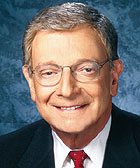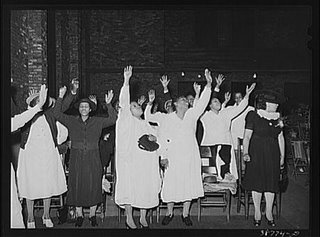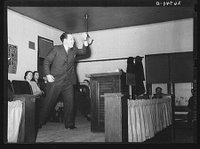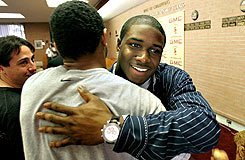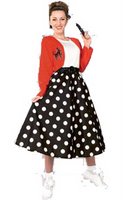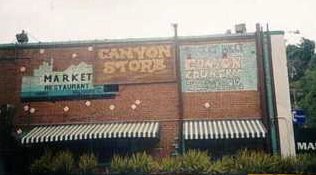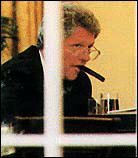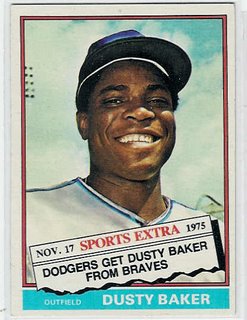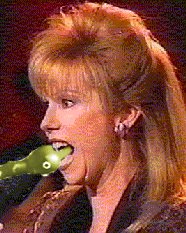
An interesting article appeared in the terrific blog,
Tabloid Baby...

The story revolves around a line from a New York Times article about columnist Cindy Adams. It describes the scene from the Manhattan premiere of a Spike Lee movie :
“Reporters from Variety, 'Entertainment Tonight' and 'A Current Affair' might be expected to remain corralled behind a length of velvet rope, but at a recent premiere for 'Inside Man' at the Ziegfeld Theater in Midtown, Mrs. Adams curtly rebuffed a perky film publicist who had asked her to join the salivating pack...”

As Tabloid Baby points-out, A Current Affair was canceled in October, 2005. No representative from that show could have attended last week's premiere. When Tabloid Baby pointed-out the mistake to the Times, here was the paper's response:

"Dear Reader:
I am the corrections editor for the Metro
department of The Times. Your e-mail
was forwarded to me for review. You are
correct in noting that "A Current Affair"
has been canceled. However, the article
does not say that a reporter for "A Current
Affair" was at the premiere
of "Inside Man."
The paragraph in question reads:
"Reporters from Variety, 'Entertainment
Tonight' and 'A Current Affair' might be
expected to remain corralled
behind a length of velvet rope, but at a
recent premiere for "Inside Man" at the
Ziegfeld Theater in Midtown,
Mrs. Adams curtly rebuffed a perky
film publicist who had asked her to join
the salivating pack."
The first part of this sentence is written
in the conditional tense; it means that at
red-carpet events like
the premiere, those reporters would
probably stay behind the velvet rope.
The second part goes on to describe what
happened at this particular premiere.
Thank you for writing.
Karin Roberts
Assistant to the Metropolitan Editor
The New York Times"
Sooo good to know that the Times are up to the challenge of re-writing the rules of grammar.
What a message we're sending to schools: Why worry about mixing tenses, kids? Why waste precious time on proofreading, or making sure your writing is readable?
More importantly, it's interesting to see how James Frey has now extended his reach of influence into the world of journalism: If I interpret Karin Roberts correctly, it's perfectly acceptable to mix fact & fiction -- without clarification between the two -- in the SAME LINE of a newspaper report.
Wait. What are we saying?

JAMES FREY'S influence? Doesn't the Times have a history with putting a soft-focus on the truth? Aren't they the home to the notorious
Jayson Blair?The Times used to be a great paper. Maybe they still are... but to borrow from their own nickname, the lady 'aint the only thing gray; so is the way they report the truth...


